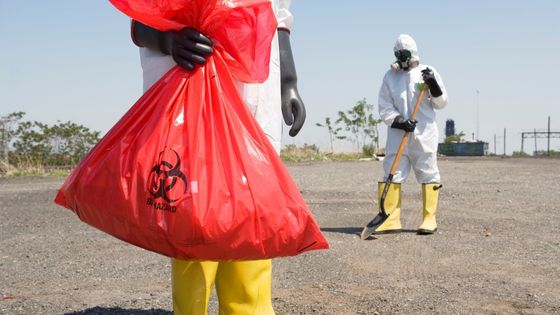The waste removal industry plays a critical role in maintaining the cleanliness and hygiene of our cities and towns. The industry is responsible for collecting, transporting, and disposing of the various types of waste that are generated by households, businesses, and other organizations. The industry has evolved significantly over the years, and today, it is a highly organized and efficient system that employs advanced technologies and techniques to ensure the safe and effective removal of waste.
The waste removal industry is divided into two main segments: residential and commercial. Residential waste removal services are typically provided by local government entities, while commercial waste removal services are provided by private companies. Both segments of the industry rely on a fleet of vehicles, including trucks, vans, and other specialized vehicles, to collect and transport waste.
The waste removal process typically begins with the collection of waste from households and businesses. Collection trucks equipped with automated arm mechanisms are used to pick up waste containers and empty them into the truck. This process is known as curbside collection and is the most common method of waste removal. In addition to curbside collection, some waste removal companies also offer other services such as backyard collection for larger items and special pick-up services for hazardous materials.
Once the waste is collected, it is transported to a processing facility where it is sorted and processed. The processing facility may include a transfer station, where the waste is temporarily stored before being transported to a landfill or other disposal site. The waste may also be taken to a recycling facility where it is sorted and processed into reusable materials.
The waste removal industry has made significant strides in recent years in terms of reducing the environmental impact of waste disposal. Many recycling businesses now employ environmentally friendly practices such as recycling, composting, and converting waste into energy. These practices not only help to reduce the amount of waste that ends up in landfills, but they also help to conserve natural resources and reduce greenhouse gas emissions.
Another important aspect of the waste removal industry is the management of hazardous waste. Hazardous waste includes materials that are potentially dangerous to human health and the environment, such as chemicals, batteries, and electronic devices. Specialized companies are responsible for the collection, transportation, and disposal of hazardous waste, which is typically done in accordance with federal and state regulations.
The waste removal industry is also a significant source of employment, providing jobs for thousands of workers across the country but can also be an owner-operator business for example on bizroutes you can find all types of waste removal businesses even pet waste removal businesses for sale. These jobs include drivers, collection and recycling workers, and management and administrative positions. Many companies in the industry also provide training and advancement opportunities for their employees.
In conclusion, the waste removal industry plays a critical role in maintaining the cleanliness and hygiene of our communities. The industry has evolved significantly over the years, with many companies now employing environmentally friendly practices and advanced technologies to ensure the safe and effective removal of waste. The industry also provides employment opportunities for thousands of workers and contributes to the overall economic growth of the country.




















